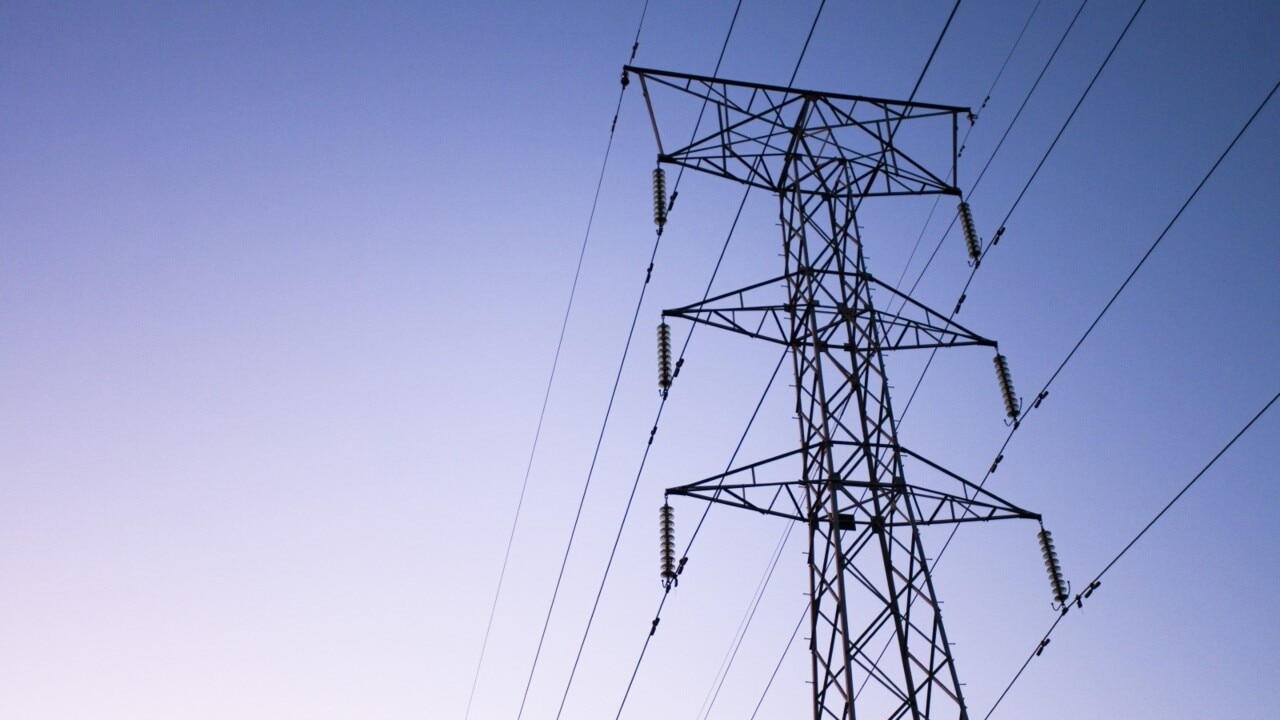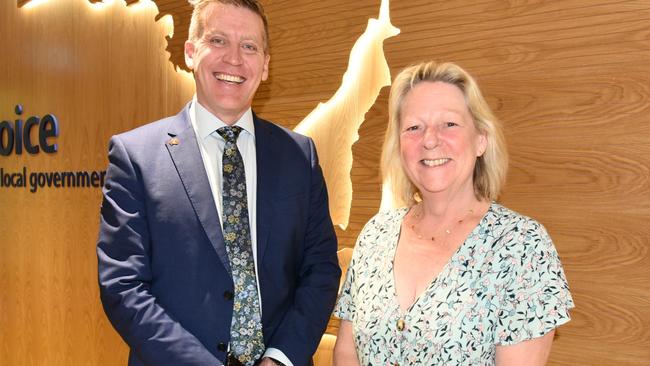LGA SA says power companies pocket millions in ‘outdated’ rates bill discounts
South Australians are being short-changed millions of dollars thanks to an “outdated” rule that other states have scrapped.

SA News
Don't miss out on the headlines from SA News. Followed categories will be added to My News.
Regional communities are missing out on more than $6m each year because outdated laws are allowing multinational wind and solar developers to receive massive rate discounts.
The Local Government Association of SA says electricity providers do not contribute their fair share to councils’ rate burdens, leaving residents and businesses to pick up the shortfall.
Wattle Range and Northern Areas councils were among 15 councils each missing out on $80,000 to $900,000 of additional rate revenue, according to an LGA SA commissioned report.
The councils have been impeded by a clause in the Electricity Corporations Act, introduced in 1999, that allowed rate exemptions for energy sector developments to maximise the sale price of SA’s electricity assets as part of its privatisation.
LGA SA president Heather Holmes-Ross said the clause in legislation now served no purpose and must be removed to stop communities having to subsidise the rates of big companies.
“In the middle of a cost-of-living crisis, we shouldn’t be taking money out of the pockets of everyday ratepayers to cover the rates gap left by big energy companies – many of which aren’t even based in South Australia,” she said.

Victoria and Queensland both have laws to enable councils to either levy higher rates in the dollar, or receive payments in lieu of rates (PiLoR), from energy sector developments.
Potential rate revenue for affected councils could total $6.2m under the Victorian PiLoR model, or $27.8m under Queensland’s adjusted capital value approach, according to the report.
It would mean a rate reduction of between $29 to $127 per household each year, depending on the model.
Some of SA’s biggest wind farm developments are owned by multinational operations such as Spanish group Iberdrola, which has the Qatar Investment Authority as its largest shareholder, and France’s Neoen.
Dr Holmes-Ross said higher general rates for the energy sector would not lead to increased electricity prices, as prices were set in a national market.
“Other states in Australia, like Victoria and Queensland, already have laws in place that ensure appropriate rate contributions from electricity generators, and they have lower power prices than we do,” she said.
The report recommended legislation be amended to allow energy generators to make payments to councils in lieu of rates, based on a formula of a fixed payment per site and a variable payment based on installed capacity.
Wattle Range Council chief executive Ben Gower said they had 135 wind turbines in their council area and, under current legislation, were valued at $6.7m or $50,000 each.
Mr Gower said in reality they were worth $280m, or $2m each.
“Council rates are payable on the capital value of land which includes the infrastructure built on it,” he said. “Given the extremely low valuations, this means electricity generators are not paying their fair share of rates and every other ratepayer is subsidising the bill for them.
“We anticipate electricity generators are being subsidised by $1m per annum, and every other ratepayer would get a five per cent discount on their rates bill if this loophole in legislation was closed.”
More Coverage
Originally published as LGA SA says power companies pocket millions in ‘outdated’ rates bill discounts





